Tidligere arrangementer - Side 50
Til minne om Norges fremste astrofysiker og grunnlegger av Institutt for teoretisk astrofysikk, professor Svein Rosseland (1894 – 1985), arrangerer Institutt for teoretisk astrofysikk hvert ?r en Rosselandforelesning.
C*-algebra seminar talk by John Quigg (Arizona State University)
In this lecture, the Medical Humanities and the Environmental Humanities meet. Associate Professor Eben Kirksey from the Alfred Deakin Institute at Deakin University, Australia, will introduce us to the "virosphere".
Brain source analysis is an important tool in brain research. It is used for example during operation planning for epilepsy patients. Given EEG (electroencephalography) and MEG (magnetoencephalography) measurements the goal is to reconstruct the brain activity, i.e. the electric potential in the brain. This poses an inverse problem. It was observed in experiments, that the accuracy of the inverse problem strongly depends on the quality of the forward simulation, in particular the head model. We discuss how modern numerical methods like discontinuous Galerkin (dG) methods and cut-cell techniques can increase the robustness of the forward problem and simplify the overall workflow. Hardware-oriented design of numerical methods allows for improved speed of the inverse simulation by making use of modern hardware resources. In order to compute the forward problem efficiently, we propose an algebraic multigrid solver for cut-cell dG methods. We introduce the challenges of EEG/MEG inverse modeling and discuss how different parts of the problem can be improved using modern numerical methods.
Hybrid format via Zoom possible on demand (contact timokoch at uio.no)
The talk will start at ca. 13:00 right after the talk by Andrea Bressan.
Abstract: Many constructions have been proposed to attain adaptivity within the IGA framework (HB-, T-, LR-splines among others).
The idea of all approaches is to break the tensor product structure of the space in order to allow a spatially varying resolution.
Here we present an approach for adaptivity in IGA aimed at solving PDEs with preconditioned Krylov methods.
All the main ingredients of this work are already known, but their combination looks promising for the
development of isogeometric solvers with a good balance of flexibility and computational efficiency.
Hybrid format via Zoom possible on demand (contact timokoch at uio.no)
Cristian Vignali, Physics and Astronomy Department, Bologna University (Italy)
Medical science and society during the covid-19 pandemic. What have we learned?
C*-algebra seminar talk by Guillaume Aubrun (Université Claude Bernard Lyon 1)
Are you writing your MA or Ph.D. thesis on Chinese cities, global urban studies, infrastructure, Special economic zone, urbanism, or the Belt and Road initiative?
C*-algebra seminar talk by Alistair Miller (Queen Mary University of London)
NCMM Associate Investigator Professor Christine Hanssen Rinaldo, Department of Clinical Medicine, University of Troms? and University Hospital North Norway, will present her research as part of the NCMM Tuesday Seminar Series.
By Quentin Mauvisseau from the Natural History Museum, University of Oslo
Abstract: Dynamic Contact Lines are moving lines at which two fluids (eg air and water) and a solid meet. They offer longstanding paradoxes in the theory of continuum mechanics. I describe some aspects of their computation: a curtain-coating numerical experiment, a withdrawing plate, and a droplet between parallel plates. All computations are done using Volume-Of-Fluid methods on octree grids, and comparisons with phase field and molecular dynamics approaches performed in collaboration with KTH, Stockholm.
Hybrid format via Zoom possible on demand (contact timokoch at uio.no)
Marianne Dahl, senior researcher at The Peace Research Institute Oslo (PRIO)
I anledning CHARMs 10-?rsjubileum inviterer CHARM til seminar om rehabiliteringstjenester etter Covid-pandemien – hvor g?r vi?
The Section 4 seminar for the Spring of 2022 will be held on Tuesdays from 10:15–12:00 (see the schedule)
P? f?rste seminar i Partnerforums seminarserie om samordning sp?r vi: Hva kjennetegner samordningsutfordringene i statsforvaltningen?

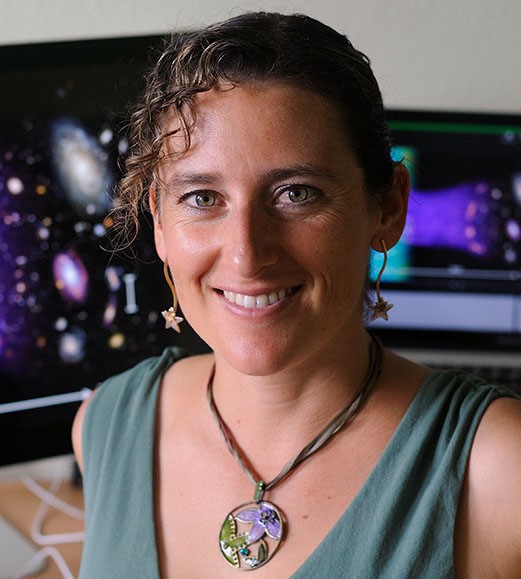
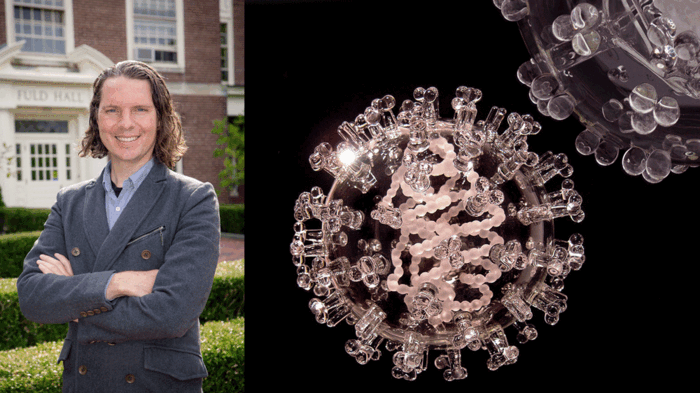
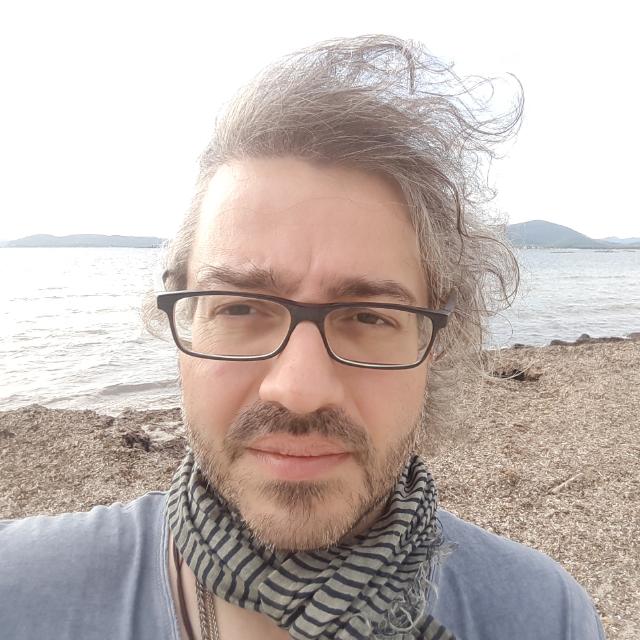
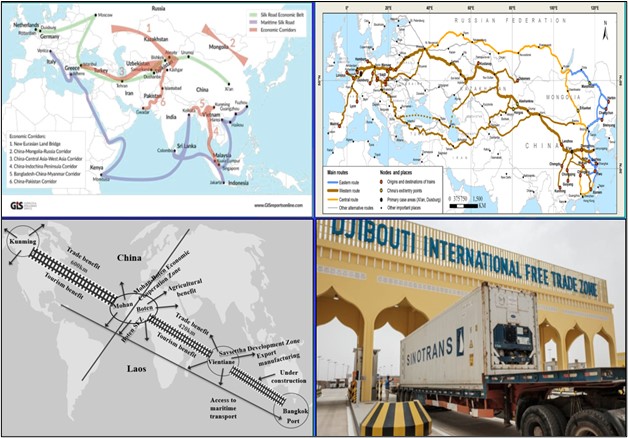
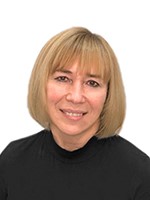

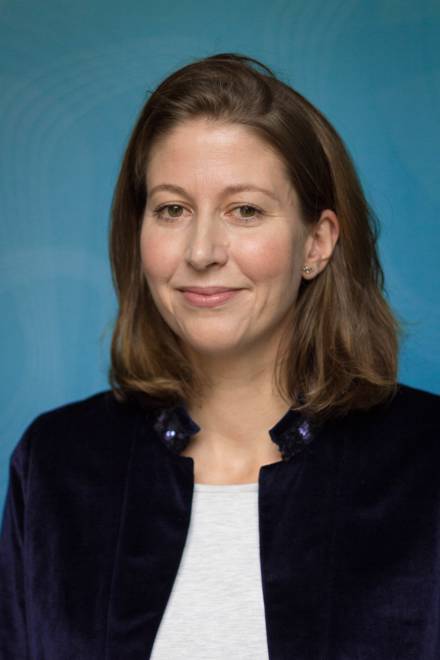


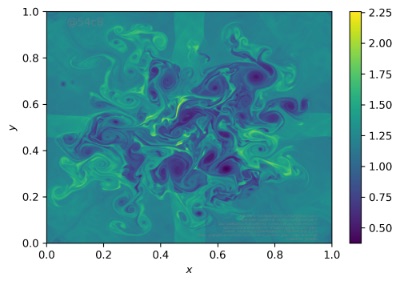


.png?alt=listing)